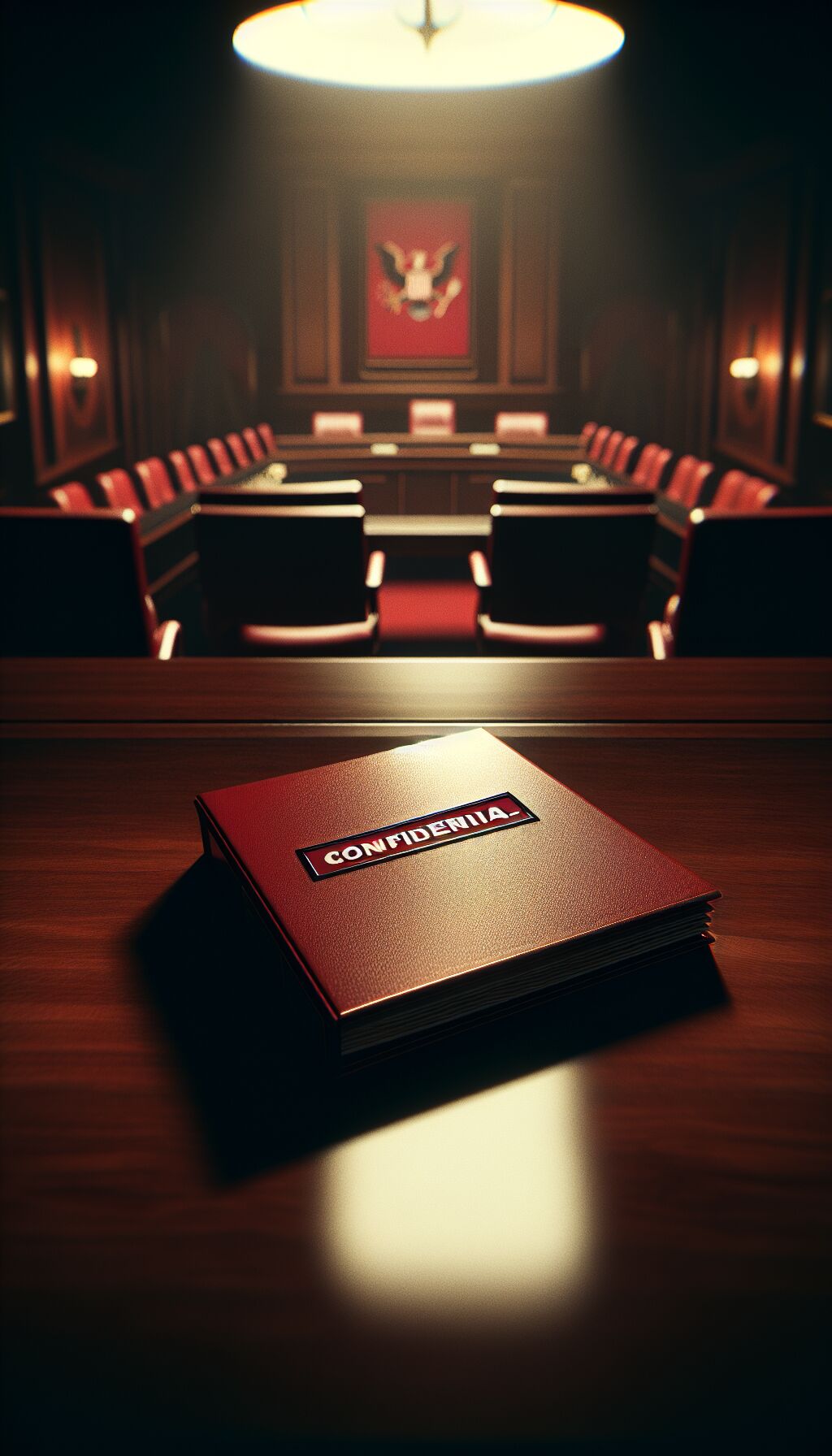House Ethics Committee Deliberations on Matt Gaetz Report End in Stalemate
The House Ethics Committee convened behind closed doors on Wednesday to discuss the controversial case of former Representative Matt Gaetz, R-Fla. As deliberations extended for over two hours, the committee failed to reach a consensus on releasing its findings. This development comes at a critical time as Gaetz seeks to initiate the confirmation process for his nomination as Attorney General.
Inside the Committee Meeting
Emerging from the closed-door meeting, Chairman Michael Guest, R-Miss., confirmed to reporters that “there was not an agreement by the committee to release the report.” His statement reflects the ongoing tension within the bipartisan panel, which has faced increasing public demand for transparency regarding its investigations.
Rep. Glenn Ivey, D-Md., one of the few members willing to comment afterwards, maintained a veil of secrecy over the committee’s discussions, stating that deliberations were continuing but he “can’t discuss” them. However, the real drama unfolded when Rep. Susan Wild, D-Pa. – the leading Democrat on the Ethics Committee – unleashed a scathing critique of the Chairman, accusing him of violating the committee’s protocol by speaking to the media.
Accusations Fly Over Committee Dynamics
Wild expressed her discontent, noting, “It was not my intention to make any comment. I walked out of this committee without making one.” She claimed that there had been an agreed-upon confidentiality concerning the meeting’s proceedings, which Guest allegedly disregarded. In a pointed statement, she argued that the implication of a consensus among committee members to keep the report under wraps was misleading, declaring it “untrue.”
She highlighted the committee’s evenly divided nature—five Democrats and five Republicans—underscoring that any substantial action requires bipartisan agreement. Wild stated, “That did not happen in today’s vote,” indicating dissent among members regarding the report’s release.
The Timing of the Inquiry
This meeting occurred concurrently with Gaetz’s lobbying efforts in Senate offices on Capitol Hill, where he is seeking support for his Attorney General nomination. His resignation from Congress last week abruptly halted the Ethics Committee’s inquiry, which had been ongoing since 2021 following serious allegations against him, including claims of illicit drug use and interactions with a minor.
Although the Department of Justice (DOJ), which Gaetz is now poised to lead, declined to press criminal charges, the ethics investigation remains a contentious issue. Reflecting the seriousness of the allegations, former President Donald Trump stated that Gaetz would “end Weaponized Government” if confirmed.
Calls for Transparency Intensify
As scrutiny of the Ethics Committee intensifies, several senators have voiced a desire to review the report prior to making judgments about Gaetz’s suitability for office. Despite the push for transparency, House Speaker Mike Johnson, R-La., expressed opposition to releasing the report, emphasizing that doing so would violate established rules and traditions within the House. “That would open up Pandora’s box, and I don’t think that’s a healthy thing for the institution,” Johnson asserted.
In stark contrast, Rep. Sean Casten, D-Ill., is expected to introduce a privileged resolution aimed at forcing a House vote to release the Gaetz report. He emphasized the seriousness of the allegations, stating, “The House Ethics Committee has spent years conducting a thorough investigation to get to the bottom of it. This information must be made available for the Senate to provide its constitutionally required advice and consent.”
The Path Forward
The current deadlock represents a significant moment in congressional oversight and ethical accountability. With Gaetz’s future in the balance and allegations surfacing surrounding his conduct, the actions of the Ethics Committee and leaders within Congress will be scrutinized intensely. As calls for transparency grow, the coming weeks will likely define the relationship between the legislative process and ethical oversight in the wake of this unprecedented situation.
The political landscape remains charged, with implications not only for Gaetz but also for the broader integrity of Congress. While the Ethics Committee deliberates, stakeholders from both parties are preparing for potential ramifications should the report eventually be made public.
The coming weeks will determine whether the House will uphold its principles of accountability or retreat further into shadows of secrecy amidst rising political tensions.
